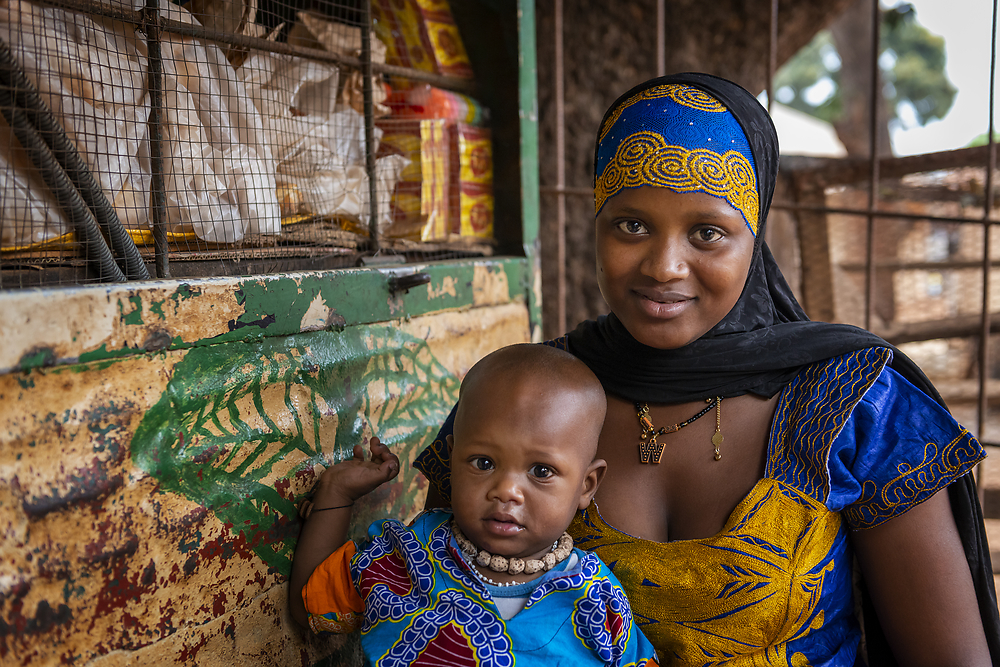June 16, 2021 | Press Release
Fertility in African Countries: Remarried Women Have Less Children

The only exception in the analysis is the west African country Sierra Leone. There, remarried women have significantly higher fertility than women in intact unions throughout reproductive years. © iStockphoto.com/Tiago_Fernandez
Remarried women in most of the 34 analyzed sub-Saharan African countries have less children at the end of their reproductive age compared to women in intact first unions. This is what MPIDR researcher Ben Malinga John and his colleague found in their recently published paper.
Remarriage is associated with lower fertility. In 29 out of 34 analyzed sub-Saharan African countries, women who remarried ended up having significantly fewer children than women living in intact unions, despite attaining higher or similar fertility levels at younger reproductive ages.
This is what Ben Malinga John, PhD student at the Max Planck Institute for Demographic Research (MPIDR) in Rostock, Germany, and Vissého Adjiwanou from Université du Québec in Montréal, Canada, found in their paper recently published in the journal Population Studies. They used fertility reports of women between the ages of 40 to 49 years, which were collected in the Demographic Health Survey between 1986 and 2019, and compared the fertility of remarried women with that of women in intact first unions.
The only exception in the analysis was the west African country Sierra Leone. “It is unique there. Remarried women have significantly higher fertility than women in intact unions throughout reproductive years,” says Ben Malinga John.
Smaller effects dominate countries with lower average number of children
Overall, remarried women experience a significant slowdown in childbearing during prime reproductive ages that cannot solely be explained by losing exposure to sexual intercourse following union dissolution. Other factors appear to be in effect, for example childbearing postponement following the remarriage.
However, the effects of remarriage on fertility diminished, as fertility has been declining in most of the analyzed countries over the past 35 years. Smaller effects dominate countries where it is more common to have less children on average. In those countries, this pattern is driven by faster fertility declines among women in intact unions, as fertility declines slowly among remarried women.
Getting married again after a divorce is quite common in most sub-Saharan African countries. For example, over half of the first marriages end in divorce within the first 20 years in some countries. “With our paper, we close a gap in research while adding two dimensions of looking at the relationship of remarriage and fertility - the age and period pattern,” says Ben Malinga John.
Original Publication
John, B., Adjiwanou, V.: Fertility decline in sub-Saharan Africa: Does remarriage matter? Population Studies (2021). DOI: 10.1080/00324728.2021.1933148
Authors and Affiliations
Ben Malinga John, Max Planck Institute for Demographic Research, Rostock; University of Malawi
Vissého Adjiwanou, Université du Québec à Montréal; Université de Montréal